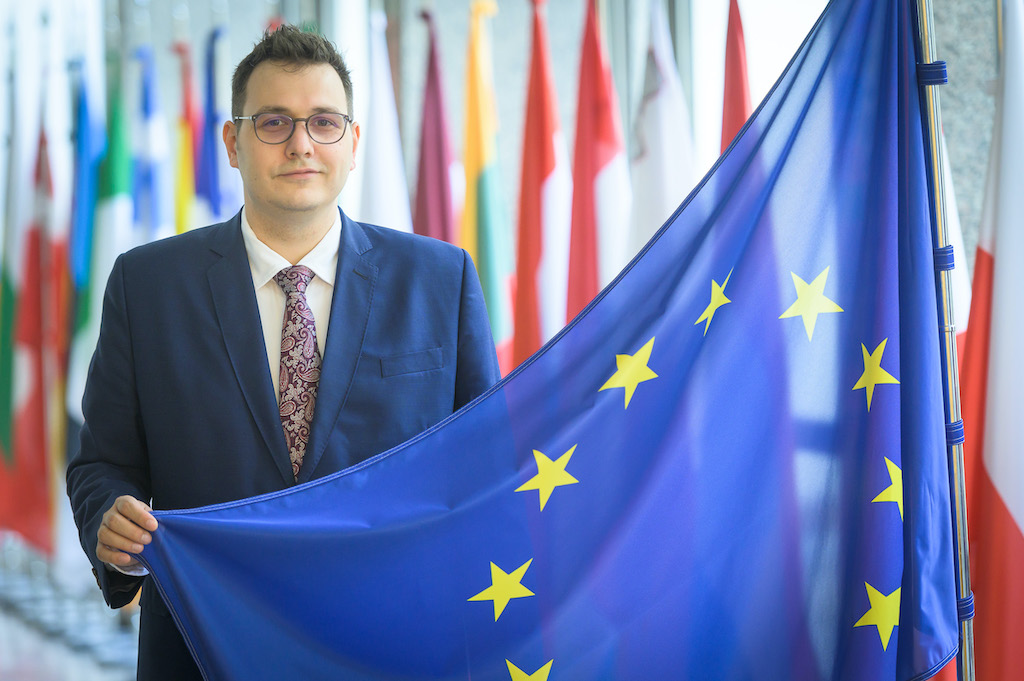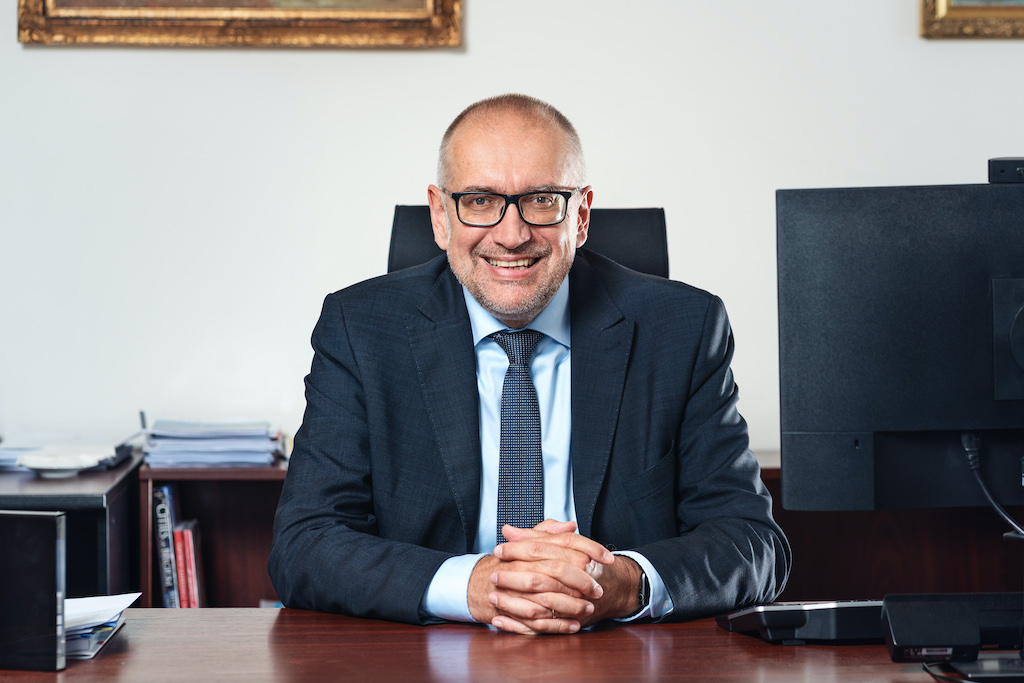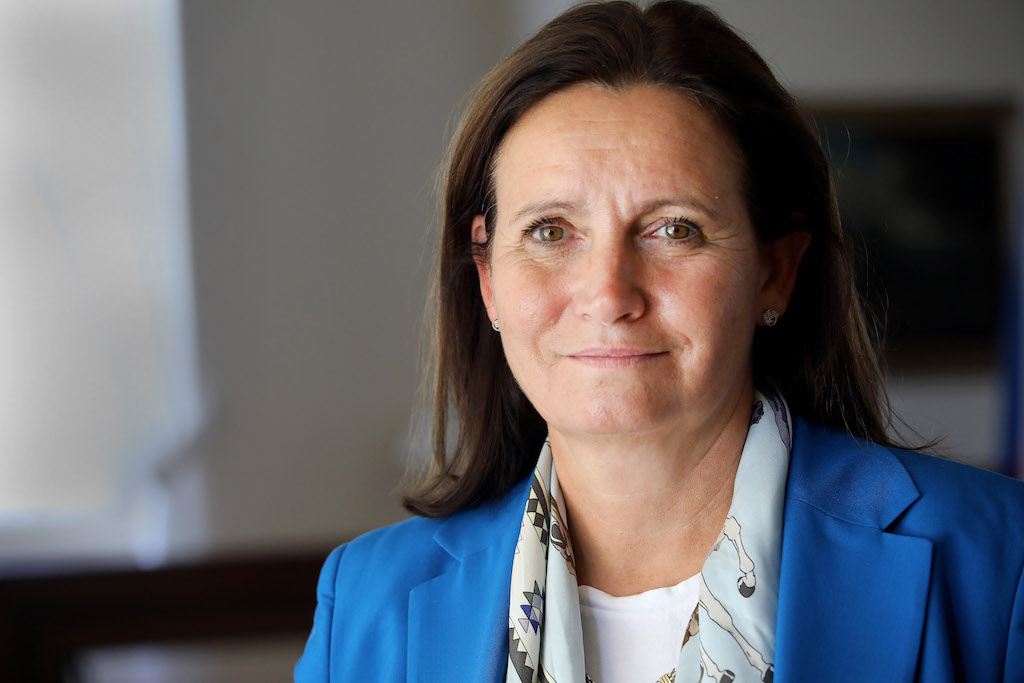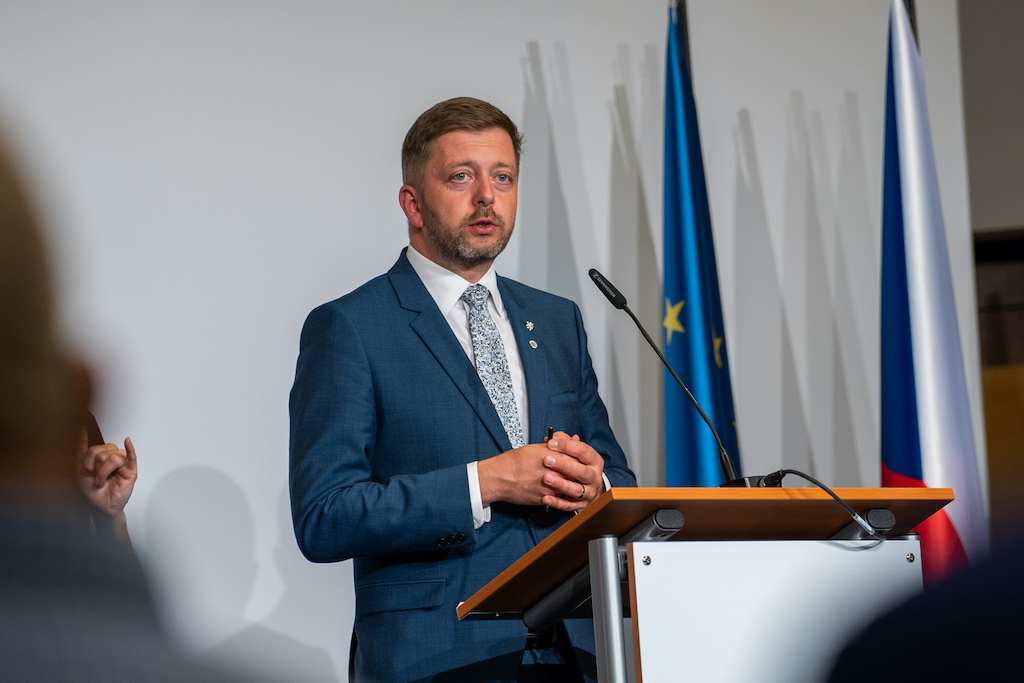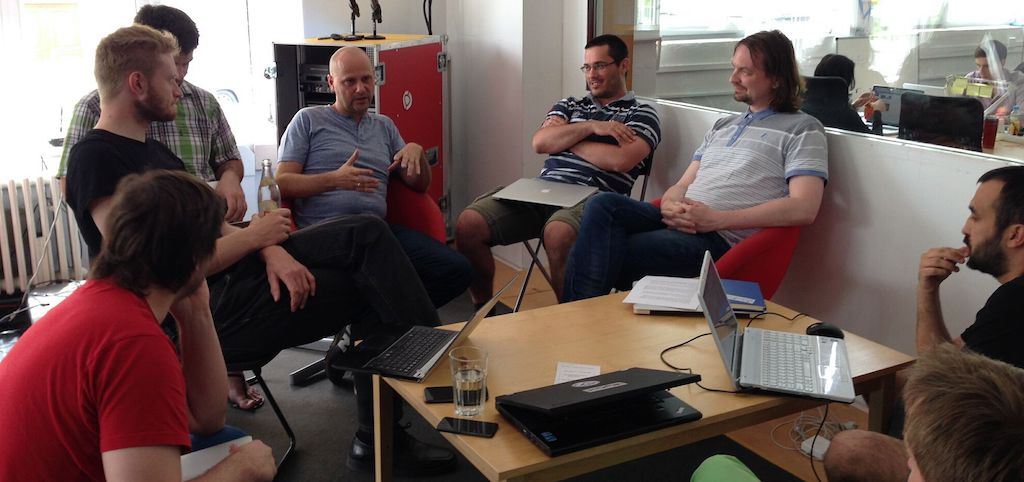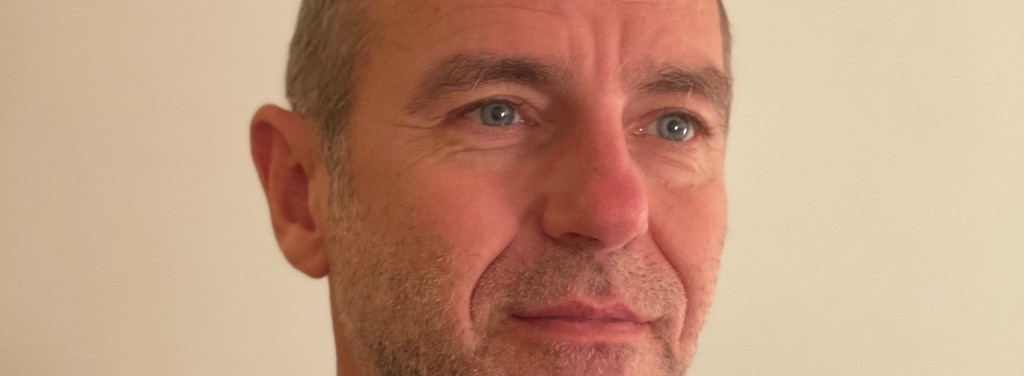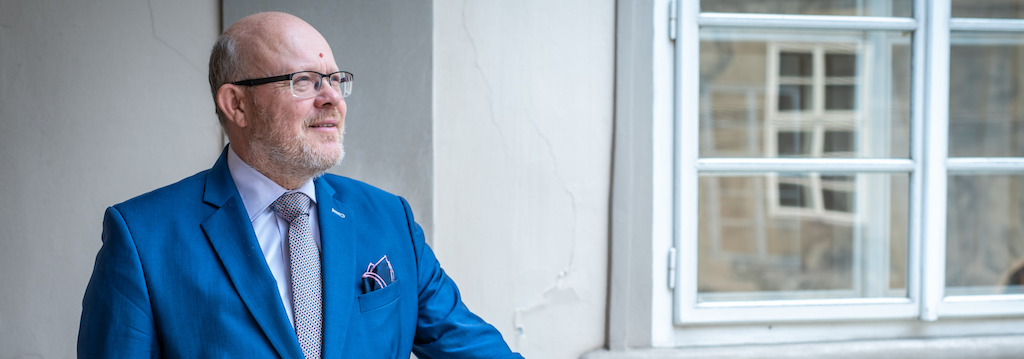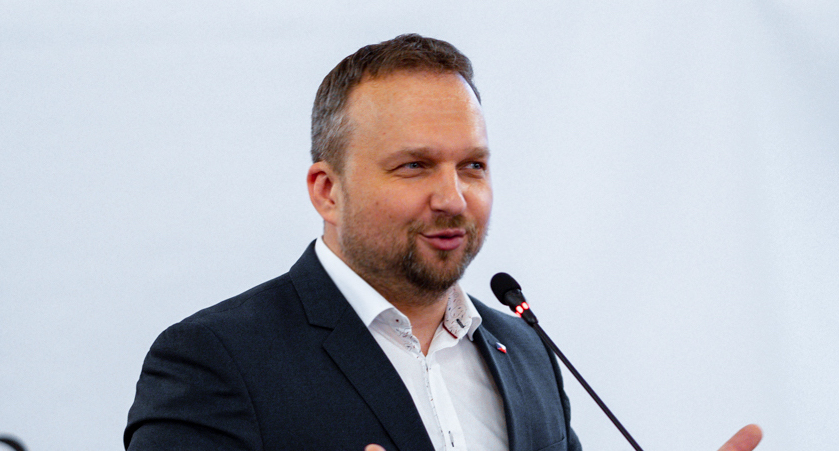This panel furthered a discussion of the political and military dimensions of war, with an assessment of how the control of resources, as well as other financial and economic considerations, shifts the calculus of peace amongst warring parties.
The economic dimension of conflict cannot be entirely separated from resolution mechanisms. Speaking of Yemen, where the internationally recognized government and Houthi rebels have exacerbated the world’s worst humanitarian crisis as they are locked in a tug-of-war over imports and finance,
HE Hans Grundberg, Special Envoy of the Secretary-General for Yemen, articulated how “the challenge in Yemen is the disintegration of state bearing institutions. Until 2018 the warring sides respected the impartiality of economic institutions, but as the war dragged on it weaponized the economic dimension. This needs to be addressed if you want to depoliticize the economic component of the conflict.”
HE Raychelle Omamo Foreign Minister, Kenya elaborated on the need for African countries to unify and become self-sufficient, whilst calling for the “need to partner on development, health, job creation, digitization – things that help our people stand.”





